6th - 12th Grade Agriscience:
Agricultural and Environmental Science
Carbon Hoofprints: Cows and Climate Change: Students will explore the carbon cycle and evaluate the carbon footprint of beef cattle. Using critical thinking skills, students will use the Claim, Evidence and Reasoning model to determine the effect of cows’ methane production on the environment and investigate the extent cattle contribute to climate change.
Climate Change Phenomena: Bananas in Our Breadbasket?: Students will explore the carbon cycle and evaluate associated phenomena of climate as they discover the impact climate change could have on the farms that produce our food.
Federal Lands: Ranching & Recreating on Common Grounds: Using various forms of maps, students will analyze public lands in the western United States, describe how ranchers raise food and fiber on federally owned land, and discuss different points of view concerning public lands use and public lands grazing. This lesson covers a socioscientific issue and aims to provide students with tools to evaluate science within the context of social and economic points of view.
Journey 2050 Lesson 2: Soil Nutrients (Grades 6-8): Students will identify nitrogen, potassium and phosphorus as primary soil nutrients necessary in the production of abundant and healthy foods, describe various methods of replenishing soil nutrients that have been depleted by plant growth, discover how overall plant health impacts a plant’s ability to resist disease and pests and describe what best management practices are in agriculture to improve overall sustainability.
Journey 2050 Lesson 3: Water (Grades 6-8): Students will discuss the limited amount of fresh water on earth, identify how best management practices can reduce water consumption, discuss the need for water conservation and protection related to population growth and agriculture, and compare and contrast methods of irrigation for water conservation.
Journey 2050 Lesson 3: Water (Grades 9-12): Students will discuss the limited amount of fresh water on earth, identify how best management practices can reduce water consumption, discuss the need for water conservation and protection related to population growth and agriculture, and compare and contrast methods of irrigation for water conservation.
Journey 2050 Lesson 5: Land Use (Grades 6-8): Students will recognize that arable land—ideal land for growing crops—is a limited resource, identify best management practices that can be applied to every stakeholder’s land-use decisions, and analyze and discuss the impacts of food waste on our environment.
Journey 2050 Lesson 5: Land Use (Grades 9-12): Students will recognize that arable land—ideal land for growing crops—is a limited resource, identify best management practices that can be applied to every stakeholder’s land-use decisions, and analyze and discuss the impacts of food waste on our environment.
Learn, Protect and Promote Water!: In this lesson, students learn about water sources, water pollution and water protection. Students participate in an activity where they demonstrate the water cycle and see the potential for our water supply to become contaminated.
Matter of Fact: In this lesson, students will take on the role of a nitrogen molecule and experience how various forms of nitrogen cycle through the environment. Students will be able to identify and differentiate between atoms, molecules and compounds.
Microbes—They're Everywhere!: Students will explore the varied roles that microorganisms play in the world, as well as different methods for controlling their growth. Activities include: using a dichotomous key to identify waterborne diseases, comparing effectiveness of hand-washing techniques, reading fictional and factual excerpts about microbes and experimenting with the growth of microorganisms on potato slices.
Planet Zorcon: Students will explore the connection between individual behavior and resource use, learn the difference between renewable and nonrenewable resources, and identify careers related to natural resource management by playing an active, futuristic game in which teams have to collect limited resources from Planet Zorcon.
Pig Power: Creating Biogas and Renewable Energy: After exploring the science of energy and energy conversion, students will evaluate some environmental impacts of hog farming and explore technologies that minimize negative human impact by creating biogas energy from animal waste.
The Carbon Cycle and Climate Smart Agriculture: Students will explore the carbon cycle, evaluate natural and human-induced activities that drive the carbon cycle and discover climate smart agricultural practices that can be used to produce our food.

